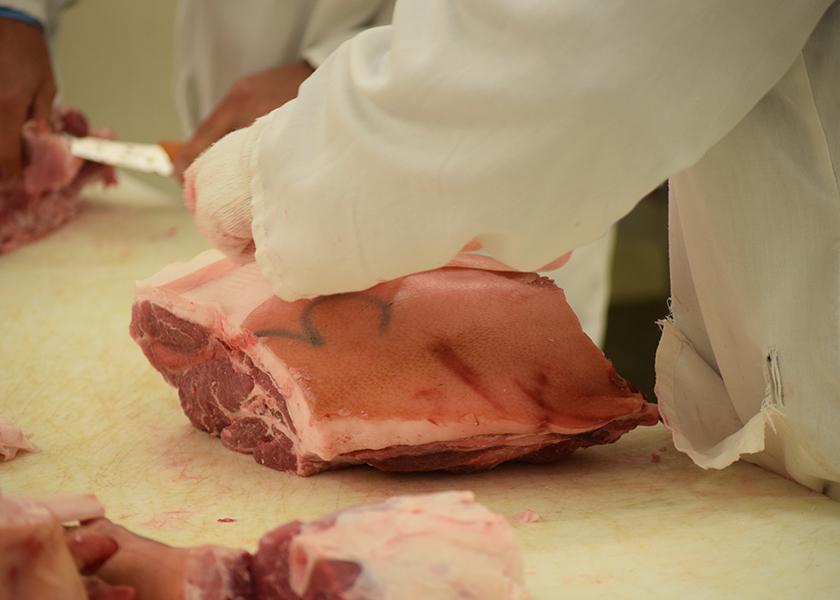USDA Invests $14M to Bolster U.S. Meat and Poultry Sector Resilience

USDA announced an additional investment on July 13 of more than $14 million to support agricultural workforce training in historically underserved communities that will increase the resilience of the U.S. meat and poultry processing sector.
This investment is part of the Biden-Harris Administration’s ongoing efforts through the American Rescue Plan to strengthen the nation’s food supply chain by promoting fair and competitive agricultural markets, USDA said in a release.
“Food insecurity and food system interruptions have hit underserved communities hardest during the ongoing pandemic. By investing in education and workforce development at these institutions, we are training the workforce of the future to develop long-lasting solutions to these and other critical agricultural issues facing our nation," Chavonda Jacobs-Young, Under Secretary for Research, Education and Economics and USDA’s Chief Scientist said in a release.
Funding is available through the USDA National Institute of Food and Agriculture’s (NIFA) Request for Applications process to eligible universities. Eligible applicants include
- Qualified Centers of Excellence at 1890 Land-grant Universities
- 1994 Land-grant Tribal Colleges
- Hispanic-serving institutions
- Alaska Native and Native Hawaiian institutions
- Participants in the Resident Instruction Grants Program for Institutions of Higher Education in Insular Areas
“These investments provide critical support to our higher education partners to increase rural prosperity and economic sustainability of food systems in underserved agricultural communities,” Jacobs-Young said.
Minority-serving institutions, Hispanic-serving institutions and land-grant tribal colleges have made invaluable contributions to advancing scientific research and developing future agricultural leaders and change makers, USDA said. Program investments at these institutions have the ability to build a pipeline of well-trained workers and support management of small-scale meat or poultry processing plants.
The Hispanic-serving Institutions grants are competitive among qualifying higher education institutions. Complete information on this funding opportunity can be found on the NIFA website. The deadline to submit applications is 5 p.m. Eastern Time on Monday, August 29.







